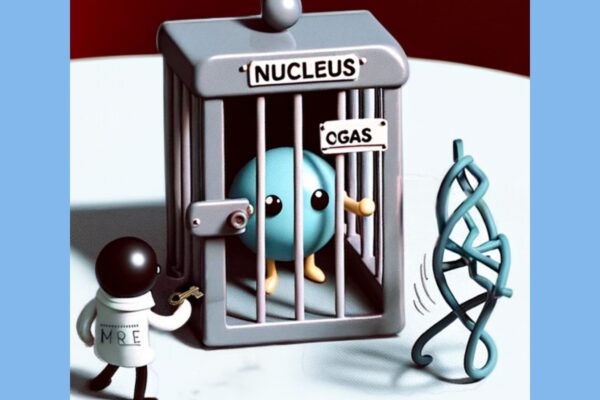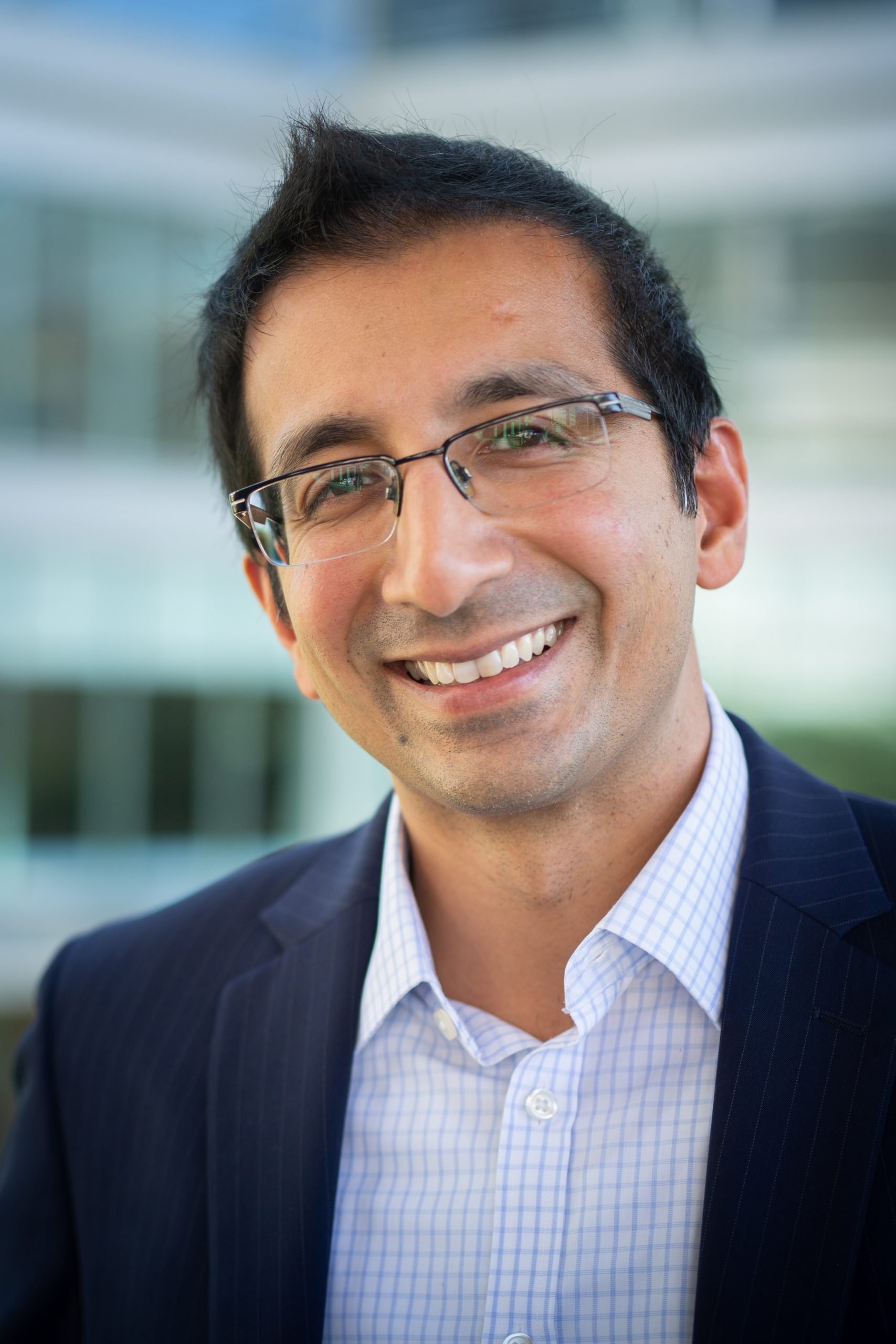MD, PhD
Associate Professor, Radiation Oncology, Biochemistry and Biophysics
Co-Leader, UNC Lineberger Breast Cancer Research Program
Associate Chair for Research in Radiation Oncology
Associate Director, Medical Scientist Training Program
Associate Director, UNC School of Medicine MD/PhD Program
UNC-Chapel Hill
Breast Cancer, Clinical Research
Area of Interest
Our research interest is to understand the interplay between genome integrity pathways and breast cancer initiation, progression, and response to therapy. The DNA damage response (DDR) is an evolutionarily conserved network of DNA damage sensors, mediators, and effectors that is responsible for maintaining genomic integrity in the face of intrinsic (e.g. oxidized DNA, incorporated ribonucleotides, replication-associated single- and double-strand breaks) and extrinsic (e.g. ionizing radiation, alkylating agents, other clastogen exposures) DNA damage. Germline aberrations in the DDR pathway are known to predispose to cancer (e.g. BRCA1-2, XPA-G, FANCA-P, etc.), but the significance of the DDR in sporadic tumorigenesis is only beginning to emerge.
Recent insights from cancer genome sequencing projects have revealed the remarkable complexity and heterogeneity of genomic aberrations that are observed in human breast cancer. The molecular bases for this genomic complexity remain largely unknown; however, patterns of mutational and structural aberrations have emerged from analyses of cancer genome datasets that suggest underlying defects in DNA repair processes that normally preserve genome integrity during cellular replication. Thus, functional impairment of DDR pathways in sporadic cancers may be a major driver of genetic heterogeneity that fuels progression to metastatic and therapy-resistant disease. Our long-term research goals are to understand the mechanisms that give rise to genomic instability in breast cancer and to identify the molecular vulnerabilities associated with this cancer-specific phenotype. With an improved understanding of these mechanisms and vulnerabilities, we hope to uncover new therapeutic approaches for the most genomically and phenotypically heterogeneous human breast cancers, which are often also the most refractory to treatment.
Our lab utilizes a variety of complementary approaches to tackle this complex topic. Innovative breast cancer mouse models, primary mammary epithelial cell culture, DNA repair/checkpoint assays, RNAi- and CRISPR-based functional genetics, and a variety of genomic assays are all currently being employed.
Awards and Honors
- Susan G. Komen Rising Star Researcher Award, 2023
- Burroughs Wellcome Fund Career Award for Medical Scientists, 2013
- Chief Resident, Radiation Oncology, 2012
- Department of Defense Breast Cancer Research Program postdoctoral fellowship award, 2010
- B. Leonard Holman research pathway, approved by the American Board of Radiology, 2009
- Harold M. Weintraub graduate student award, 2007
- Travel award from the Metastasis Research Society, 2006
- Julian R. Rachele prize for best graduate student research paper, 2006
- Vincent du Vigneaud graduate student research prize, 2005
- Katherine Beineke Foundation fellowship, 2004
- Department of Defense Breast Cancer Research Program predoctoral award, 2004
- Medical Scientist Training Program fellowship, 2000
- Francis E. Knock prize in biological chemistry, 2000
- Phi Beta Kappa, 2000
- HHMI undergraduate summer fellowship, 1999
News and Stories

UNC researchers present at American Association for Cancer Research’s 115th Annual Meeting
Researchers and trainees from UNC and UNC Lineberger at will present more than 30 talks and participate in scientific and educational panels and discussions on the latest cancer research.

Scientists find ‘key’ to potential breast cancer prevention, treatment
New findings from Gaorav Gupta, MD, PhD, and colleagues show how the cGAS-STING pathway is unleashed to prevent cancer formation by detecting DNA damage within cells.

